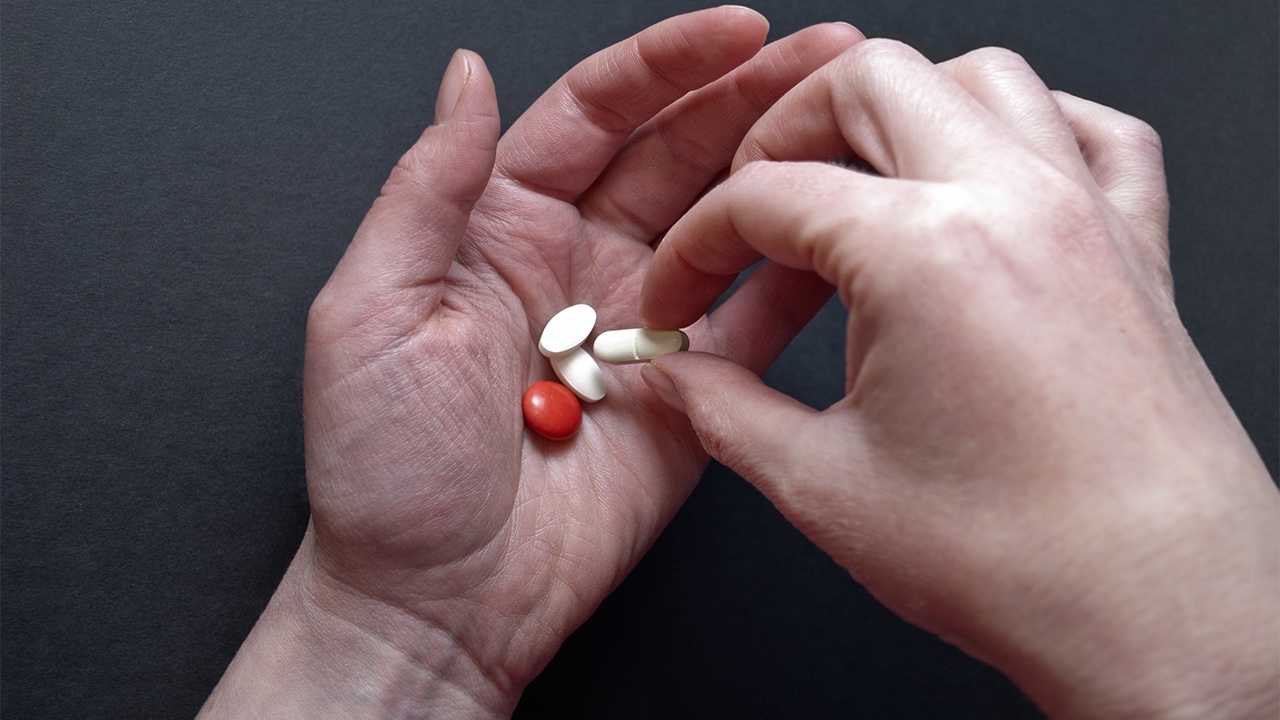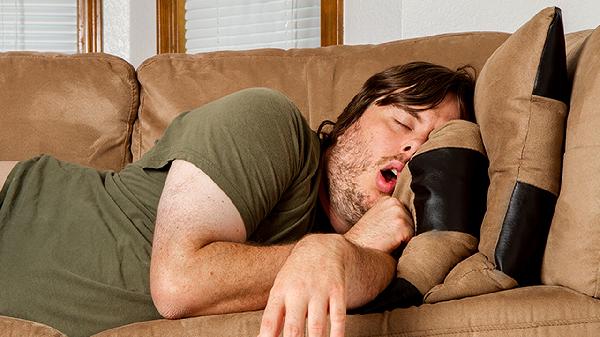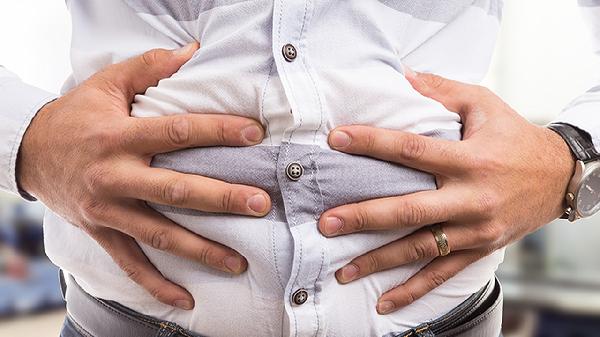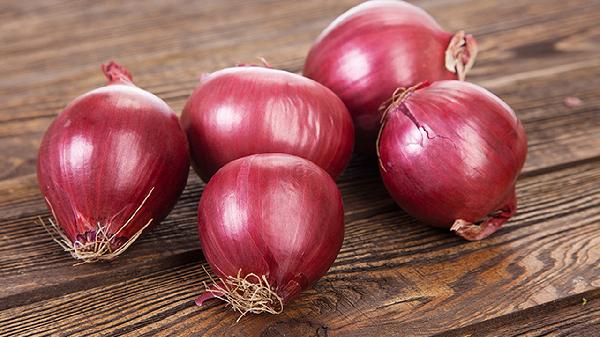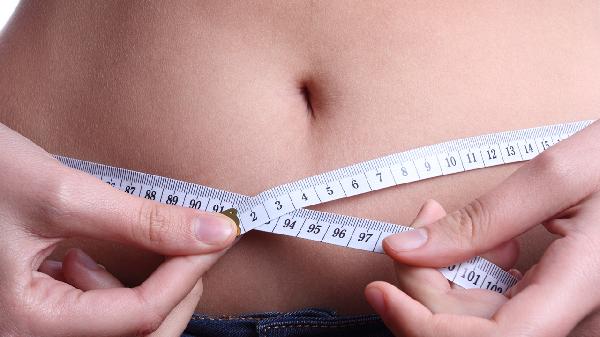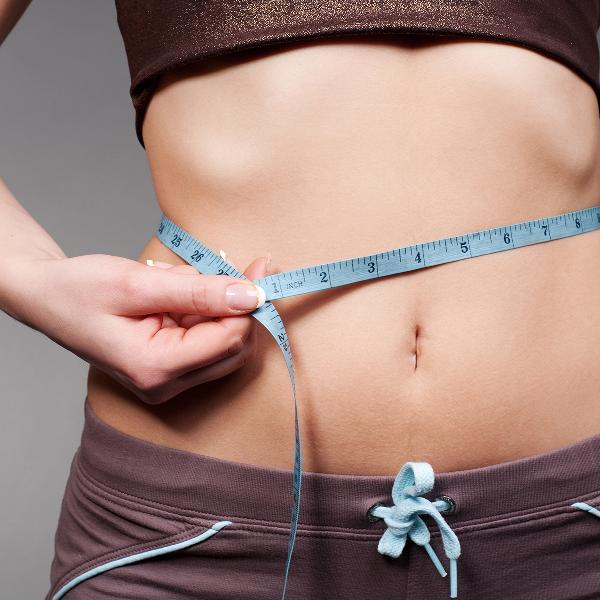"Chew 1500 times and you'll successfully lose weight!" Doesn't that sound just like those "get rich overnight" advertising slogans? But don't roll your eyes just yet, because there's actually some scientific basis behind it. Imagine you're savoring a delicious dinner, chewing each bite meticulously, as if tasting every moment of life. Suddenly, you realize you've already chewed 1500 times, and there's still more than half of the food left on your plate. This isn't just because you're eating slowly, but also because your brain has already received the "full" signal. Today, let's talk about this seemingly absurd yet somewhat reasonable weight loss method.

1. The Relationship Between Chewing and Satiety
There's a close link between the number of chews and the feeling of fullness. When we chew food, receptors in our mouth send signals to the brain, telling it, "I'm eating." The more we chew, the stronger the signals the brain receives, making it easier to feel full. Studies show that increasing the number of chews can significantly reduce food intake, thereby helping control weight.
2. Chewing and Digestion
Chewing isn't just about breaking down food; it also promotes saliva secretion. Saliva contains digestive enzymes that help break down carbohydrates in food, making them easier for the body to absorb. Additionally, thorough chewing can reduce the burden on the gastrointestinal tract, minimizing indigestion and bloating.
3. Chewing and Metabolism
Increasing the number of chews can also boost metabolic rate. When we chew, our facial muscles and jaw joints are in motion, which consumes some energy. Although the energy burned per chew is minimal, chewing 1500 times a day can add up to a considerable amount of energy expenditure over time.
4. Chewing and Psychological Satisfaction
Chewing slowly and thoroughly not only allows us to better enjoy the taste of food but also increases psychological satisfaction. When we chew slowly, the brain has more time to savor the flavors and textures of the food, making it easier to feel satisfied. This satisfaction can reduce cravings for snacks, helping us better control our diet.
5. How to Practice "Chew 1500 Times"
While "chew 1500 times" might sound a bit exaggerated, we can start by increasing the number of chews. For example, chew each bite 20-30 times instead of swallowing it quickly. Additionally, choosing foods that require more chewing, like nuts, vegetables, and whole grains, can also help increase the number of chews.
Although "chew 1500 times to lose weight" may sound like an exaggerated claim, the scientific principles behind it are worth pondering. By increasing the number of chews, we can not only better control our diet but also promote digestion, boost metabolism, and enhance psychological satisfaction. So, next time you eat, try chewing a few more times—you might find that losing weight isn't as hard as you thought.
